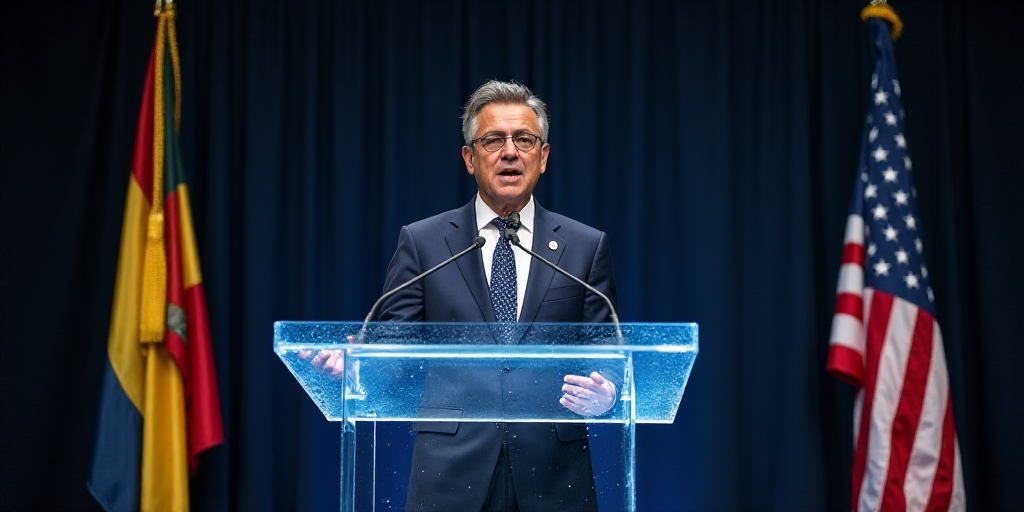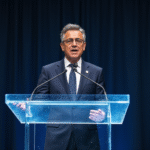Background on Gustavo Petro
Gustavo Petro is the current President of Colombia, taking office on August 7, 2022. A former guerrilla member and senator, Petro is known for his progressive policies and advocacy for social justice. His political career has been marked by a strong stance against inequality and corruption.
Incident in New York City
On a Friday, President Petro took to the streets of New York City with a megaphone, addressing a crowd and urging U.S. soldiers to disobey orders from then-President Donald Trump, specifically those related to potential military action against Palestine.
Department of State’s Response
In response to Petro’s actions, the U.S. Department of State announced on Friday that they would revoke his visa due to what they described as “imprudent and incendiary” behavior. The Department of State made this announcement through their X (formerly Twitter) account.
Context and Impact
Petro’s visit to New York City was part of a broader international tour aimed at advocating for human rights and peace in the Middle East. His call to U.S. soldiers to disobey orders sparked controversy and criticism from the U.S. government, leading to the decision to revoke his visa.
Key Questions and Answers
- Who is Gustavo Petro? Gustavo Petro is the President of Colombia, known for his progressive policies and advocacy for social justice.
- What happened in New York City? President Petro addressed a crowd, urging U.S. soldiers to disobey orders from then-President Donald Trump regarding potential military action against Palestine.
- What was the U.S. response? The U.S. Department of State announced that they would revoke Petro’s visa due to his “imprudent and incendiary” actions.
- Why is this significant? This incident highlights the tension between differing political ideologies and the potential consequences of public dissent, especially when it involves foreign leaders addressing U.S. citizens.






